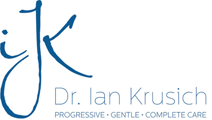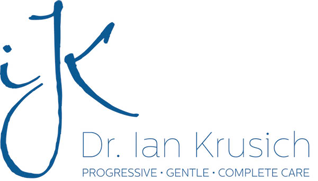Bring Back Your Confident Smile
Missing teeth can make it harder to eat, speak, and smile with ease — but you don’t have to live with those gaps. At Krusich Dental in Leawood, KS, Dr. Krusich offers custom dental bridges that restore the appearance and function of your smile.
A dental bridge literally “bridges” the space left by missing teeth, using durable materials designed to blend naturally with your existing teeth. Our goal is to give you a healthy, beautiful smile you’ll feel proud to share.
Why Choose a Dental Bridge?
A bridge is often recommended when you:
- Have one or more missing teeth in a row
- Want a fixed, long-term alternative to removable partial dentures
- Need to prevent nearby teeth from shifting out of position
- Want to improve your ability to chew and speak clearly
Types of Bridges We Offer
We customize each bridge to your needs:
- Traditional Bridges – Supported by crowns on the teeth next to the gap
- Implant-Supported Bridges – Attached to dental implants for maximum stability and longevity
- Cantilever & Maryland Bridges – Special options for specific cases and locations in the mouth
Our Comfortable, Personalized Process
- Consultation & Exam – We evaluate your smile and discuss the best bridge option for your lifestyle and budget.
- Tooth Preparation – The supporting teeth or implants are prepared for the bridge.
- Custom Design – Your bridge is crafted to match your tooth color, shape, and bite.
- Final Placement – We ensure a secure fit and comfortable bite before cementing your bridge in place.
A Complete Smile Can Change Everything
Restoring missing teeth isn’t just about looks — it’s about protecting your long-term oral health and enjoying daily life without hesitation. Our patients often tell us how much more confident and comfortable they feel after getting their bridge.
Ready to close the gap? Call our friendly team today to schedule your consultation and explore your options.
Helpful Links
- Learn about our dental crowns, often used to support bridges.
- See how we restore implants with our implant restoration services.
- Explore all of our cosmetic and restorative treatments.



